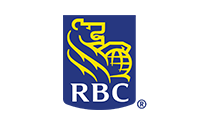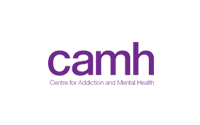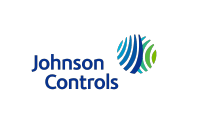
Here are some practical tips and strategies to help you maintain perspective. We help coach others to thrive instead of just survive!
Know where to draw the line. Don’t wait for your organization to decide what’s reasonable for you. Evaluate your job and life and decide for yourself what’s reasonable. How far are you willing to go? What is important to you? Realize that is ok to say no on occasion – you need a healthy life and work balance to recharge yourself.
Keep your own balance. Consider taking ten or fifteen minutes in the middle of the day to walk or meditate to release bottled-up stress and become more clear-minded. Take an aerobics class, a meditation workshop, a stress-reduction class, or an exercise program during work breaks to sidestep stress and burnout. You may even find yourself more productive as a result.
Perform optimally. Strive to achieve “good enough” versus “great”. Perfectionists are likely to become workaholics. Working longer hours doesn’t always translate into consistent performance. Demonstrate your value-added over time and consistently.
Don’t let work dominate your life. When you feel overloaded, don’t cancel dinner with a loved one or your afternoon aerobics class. These are the very activities you need to help you maintain balance.. Maintaining outside interests and exercising daily brings a clearer perspective to your work and gives you more vitality to get out from under the pile of work. Plan for a spare time just as you would an important business meeting. Schedule time for doing things you like to do best.
Delegate and negotiate. If you’re someone who has trouble turning a project over to someone else, learn to delegate in order to perform optimally. Review your workload and determine what part you can turn over to an assistant or co-worker. If deadlines are too tight, negotiate them with your manager.
Learn the art of prioritizing your work. Have clear and practical priorities. Don’t over plan. The clearer you are about what you want to accomplish and how you plan to accomplish it, the more focused and efficient and the less stressed you will be. Identify the key aspects of your role and what is critical each day. Pay attention to the essentials first and put the nonessentials on the back burner for now or delegate them to someone else.
Take charge of your technology. More people are working from home and no longer commuting. Use the time saved from commuting to spend with family or friends or on your health. Set time limits on checking emails and participating in virtual meetings. Turn your technology off where possible on the weekends. Technology is a tool – be responsible for it!

















